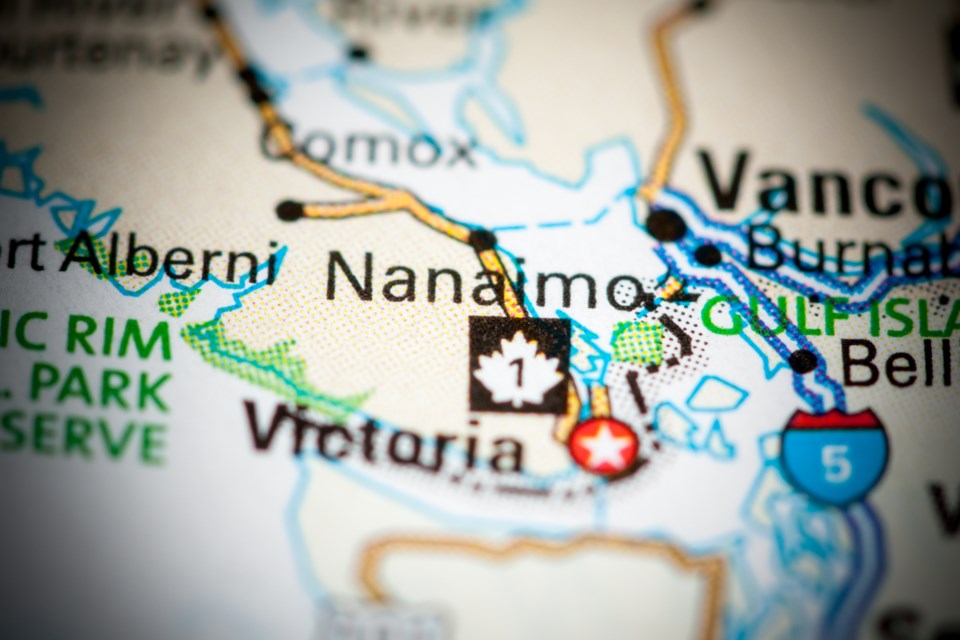What’s at stake?
Short answer: Everything.
Long answer: The way things stand today – and just today – there is a razor-thin margin for the minority government NDP. Between them and their Green partners (who persist in calling themselves Opposition, but whatever) they have 43 seats. The BC Liberals have 42, and Speaker Darryl Plecas sits as an independent.
Essentially, a BC Liberal win creates a tie. 43-43, with Plecas being forced to break any tied votes.
What the main parties are looking for:
NDP
Short answer: To stay in government.
Long answer: Minority governments rarely last their whole term. That’s not a comment on worthiness or legitimacy, but mathematics. A lot of things could bring down this government: a rogue MLA; a hitherto-unknown scandal; the Greens deciding they’ve had enough; their own party HQ calculating the time is right to pull the plug to win a full majority.
All of these would be easier to swallow than “should have put Leonard Krog in Cabinet.”
BC Liberals
Short answer: The shortest route back to power.
Long answer: As Winston Churchill once said, “now this is not the end. It is not even the beginning of the end. But it is, perhaps, the end of the beginning.”
The BC Liberals took some time to accept they’re in Opposition – and have no plans to settle in. Still the biggest party in the legislature, they’re never far from power. And as close as they are, winning in Nanaimo would put them much closer.
Green Party
Short answer: Staving off Junior Partner Syndrome.
Long answer: No Green Party has ever been this big, successful, or influential in North America – and yet, they face an existential crisis. If a smaller party props up a bigger party in government – and doesn’t get much visible in return – why vote for them? If you don’t like the government, vote for the party most likely to topple them. If you do, why wouldn’t you vote for the real thing?
The most recent – and stark – example is the UK’s Liberal Democrats. In 2010, they won 57 seats and 23% of the vote, and chose to support a Conservative minority government. In 2015, they cratered, winning just 8 seats and 7.9% of the vote.
In 2017, the Greens took just under 20% of the vote in Nanaimo; recent polls and anecdotal evidence suggest they will significantly underperform that tonight. No, you should never read too much into a byelection – but if they lose too badly, tongues will wag.
The Others
Short answer: Legitimacy.
Long answer: Uh…legitimacy.
None of them have anything remotely resembling a realistic shot at winning – but in a close vote, one could plausibly claim to play spoiler. If that happens to be your party’s sole apparent raison d'être – looking at you, BC Conservatives – then tonight could conceivably matter.
Are there any conspiracy theories?
Short answer: It’s B.C. Of course.
Long answer: Here’s a question that will be asked, no matter who wins.
On Monday, November 19th, Speaker Darryl Plecas felt strongly enough about the evidence gathered against Clerk Craig James and Sergeant-at-Arms Gary Lenz to request placing them on administrative leave.
On December 6th, he said he’d reveal as much as he could in January – which he did, last week.
Without disputing what he discovered presumably well before November 19th...why wait until January?
To put a finer point on it, why wait until an unimaginably important byelection?
So what’s going to happen tonight?
Short answer: I’m not into predictions. Especially after the Proportional Representation referendum, which I got wrong.
Long answer: Most observers – and polls – are predicting a tight race. Realistically, there are only two plausible outcomes: either the NDP or BC Liberals will win.
Should the NDP win, the media will talk about their tremendous sense of relief, having dodged a fatal bullet, and start looking towards next month’s Throne Speech and Budget.
Should the BC Liberals win, stories will focus on the next steps for an increasingly unstable legislature, and speculate how long the NDP can cling on.
Either way, tonight will be fascinating.
Maclean Kay is Editor-in-Chief of The Orca



